About PARATUS
Project objectives and expected results
Promoting disaster preparedness and resilience by co-developing stakeholder support tools for managing the systemic risk of compounding disasters
Project objectives and expected results
Promoting disaster preparedness and resilience by co-developing stakeholder support tools
for managing the systemic risk of compounding disasters
PARATUS is a Horizon Europe-funded project that aims at increasing the preparedness of first and second responders in the face of multi-hazard events and to reduce the risks related to impacts on various sectors that result from complex disasters. The outcome is to develop a cloud-based Online Service Platform that offers support in reducing dynamic risk scenarios and systemic vulnerability caused by multi-hazard disasters.
In order to achieve these objectives, the project will perform in-depth assessments of complex interactions between hazards and their resulting impacts in various sectors, as well as analyse the current risk situation and study how alternative future scenarios could change multi-hazard impact chains. Based on this analysis, scenarios of multi-hazard impacts will be co-designed with stakeholders and developed in four case study areas (including the Caribbean, Romania, Istanbul, and Alpine areas).

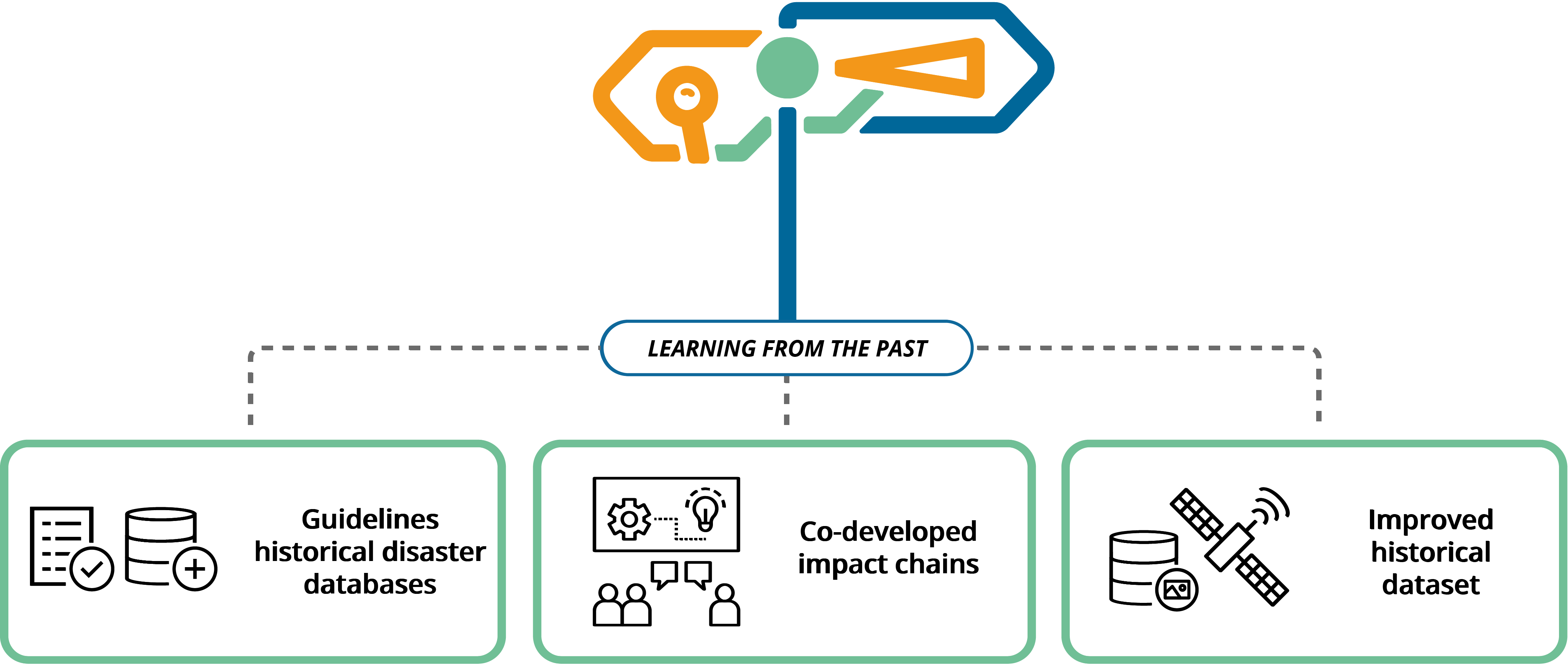
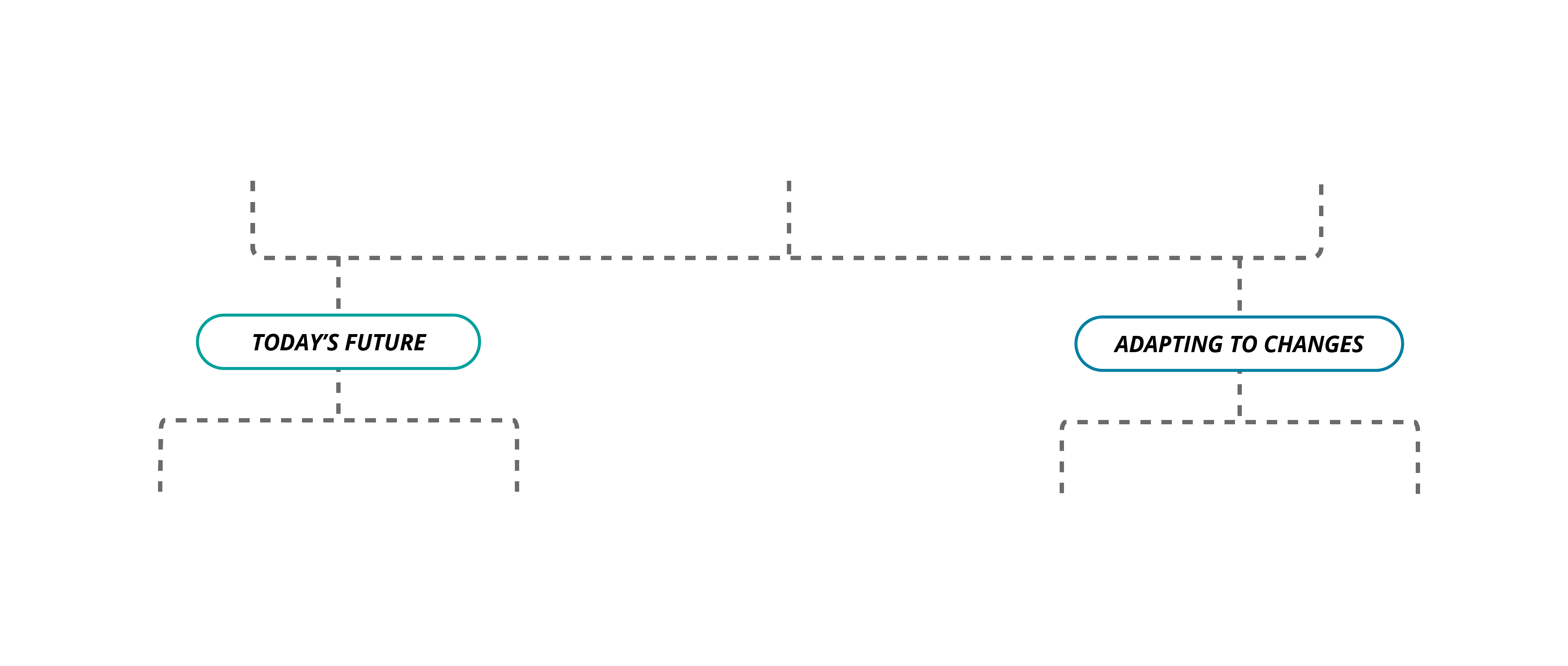
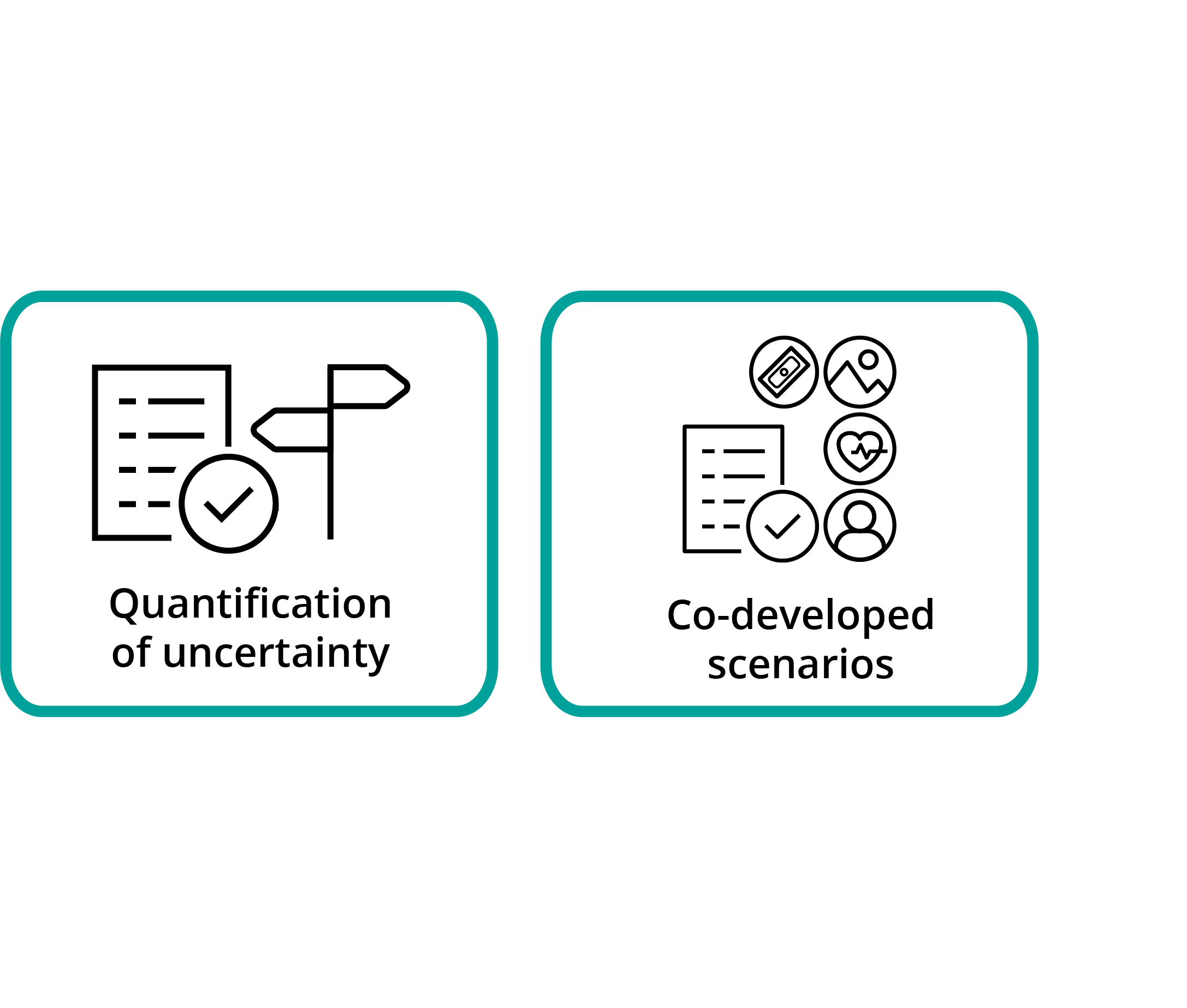
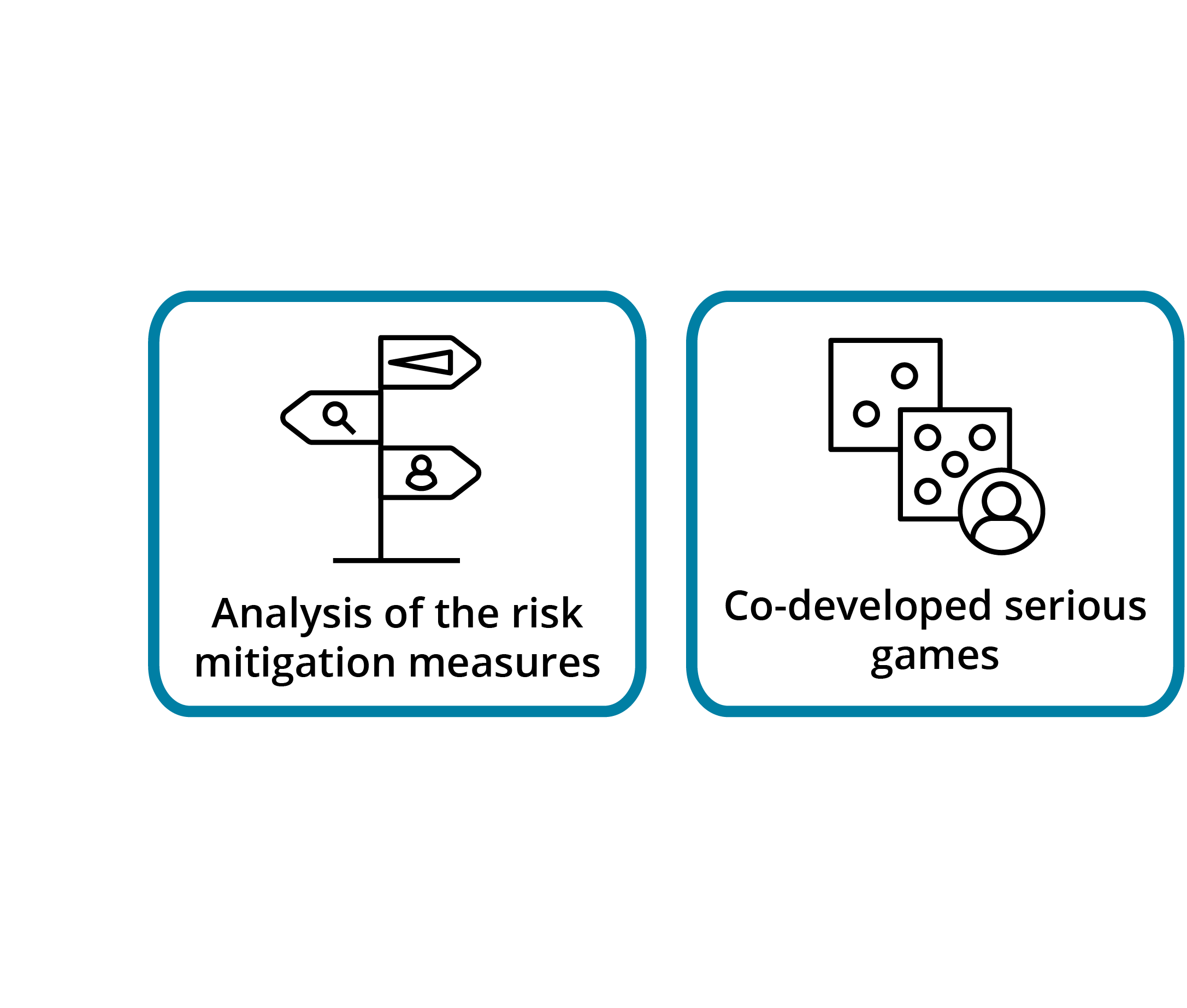
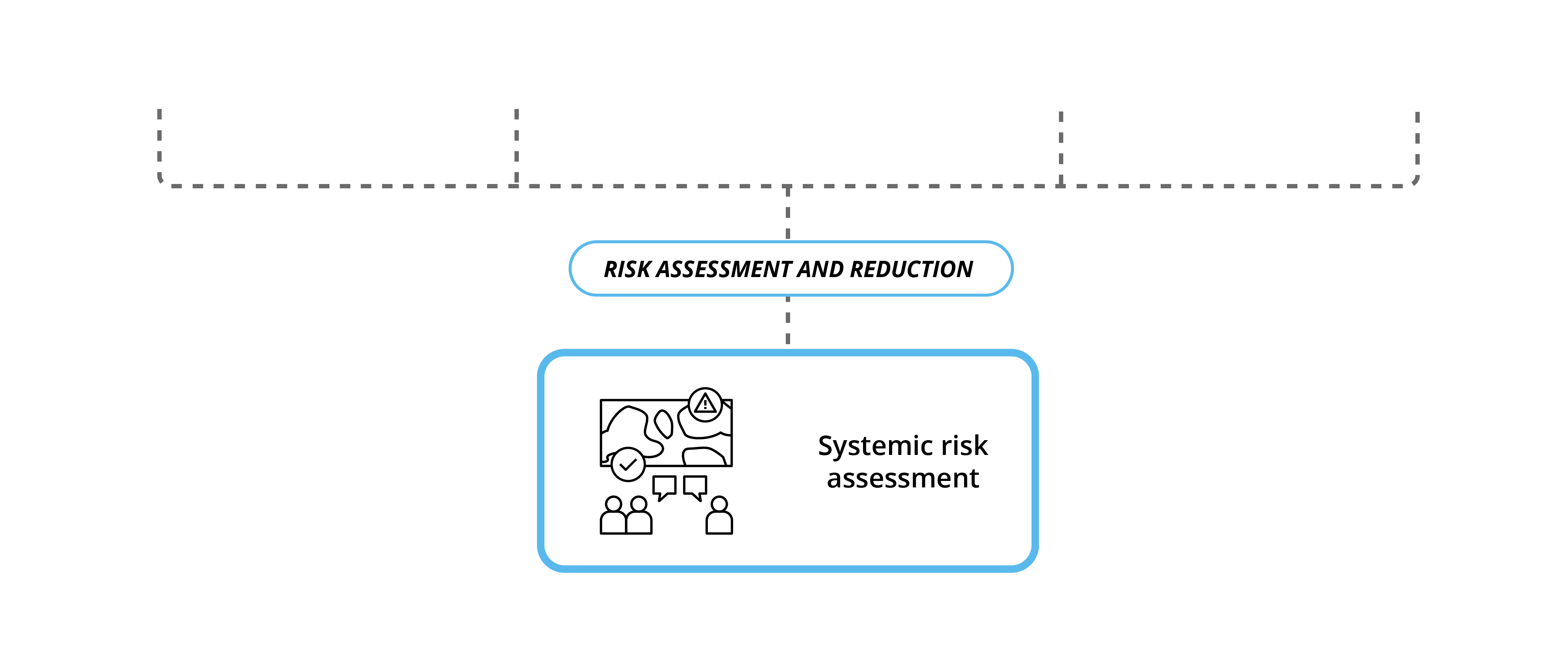
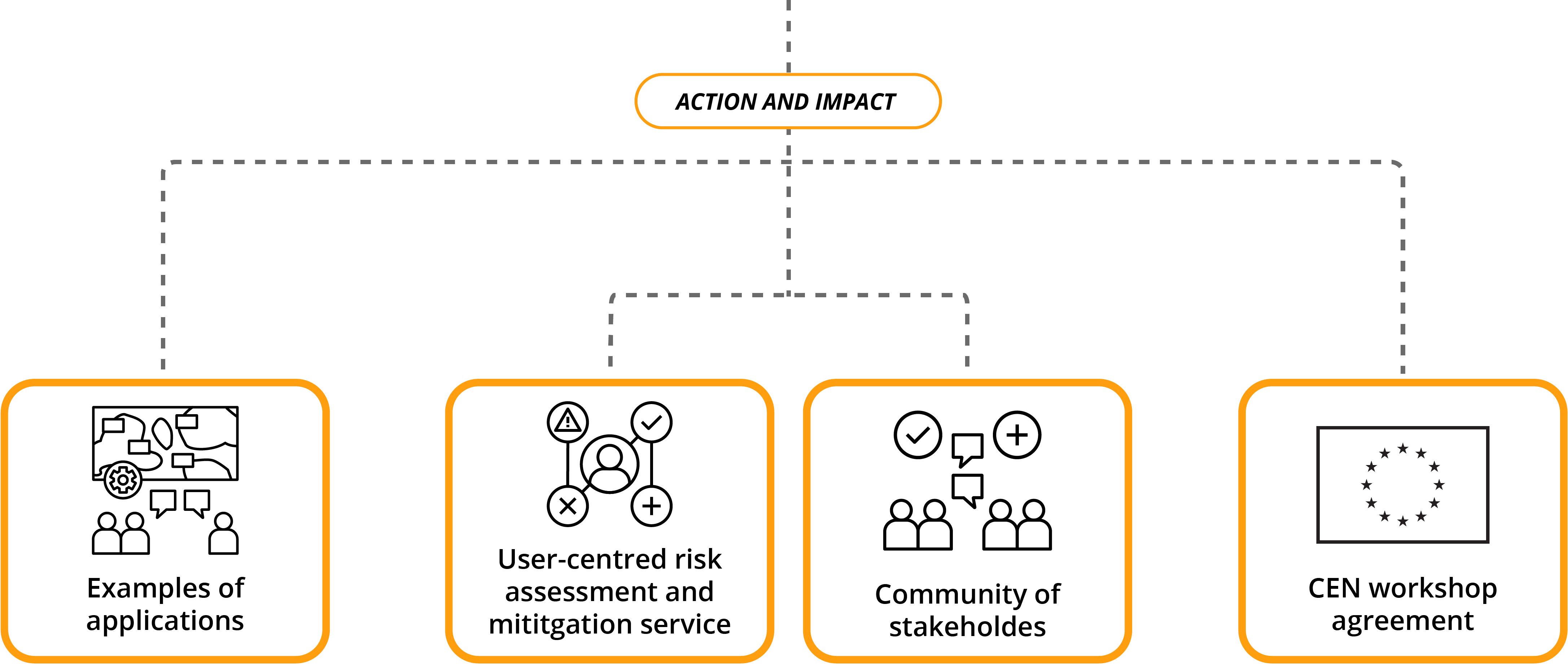
Project Consortium
The project consortium is composed of 19 partners from 11 countries and includes representatives of research organisations, NGOs, SMEs, first and second responders, and local and regional authorities.
Project Consortium
The project consortium is composed of 19 partners from 11 countries and includes
representatives of research organisations, NGOs, SMEs, first and second responders, and
local and regional authorities.
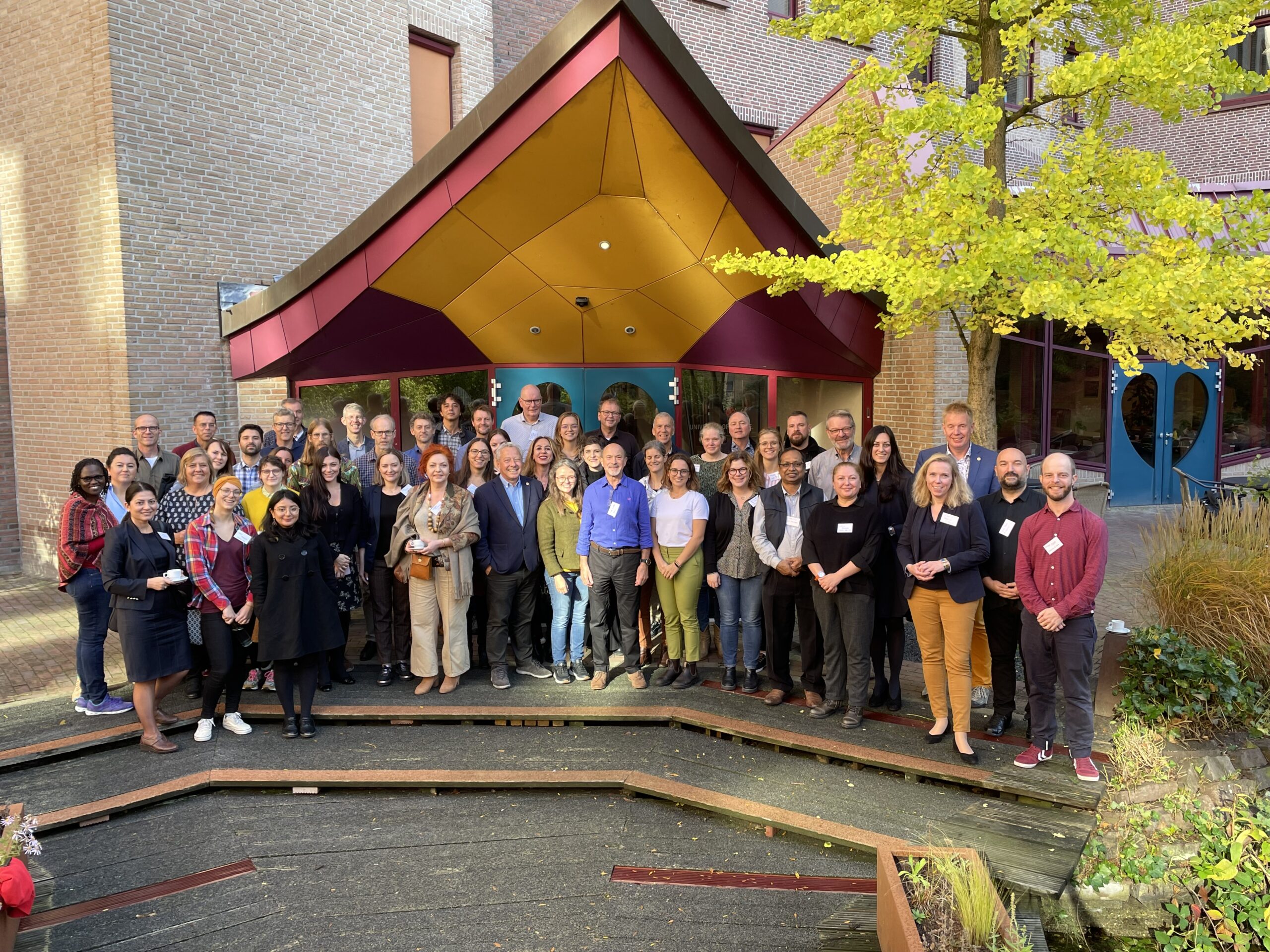
COMMUNITY RESEARCH AND DEVELOPMENT INFORMATION SERVICE
This project has received funding from European Union’s Horizon Europe Research
and Innovation Programme under Grant Agreement N. 101073954.
Our research community
PARATUS is part of a research cluster that is composed of similar projects. Together we
collaborate to achieve our common purpose of building disaster-resilient societies.
Have a look at our sister projects:





Other projects that are not part of the same research cluster but that we do coordinate with are:




